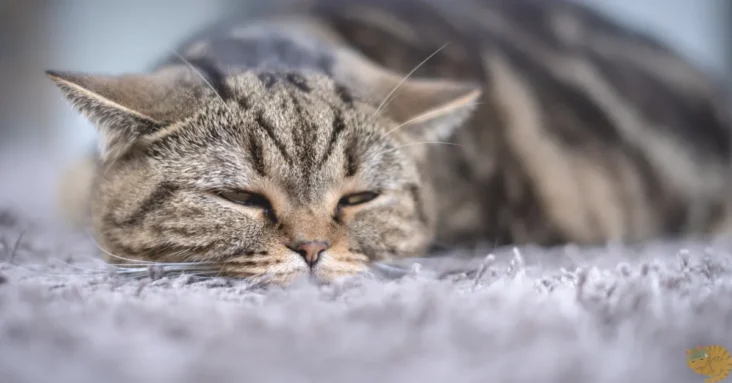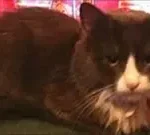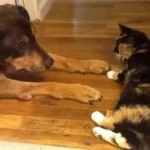Feline parvovirus (FPV) is a dangerous and highly contagious disease that affects cats. Knowing the signs, treatment options, and prevention methods can help you keep your cat safe and healthy. This guide will give you the information you need in clear, simple terms.
What is Cat Parvo?
Feline parvovirus, also called feline panleukopenia, is a virus that attacks fast-growing cells in a cat’s body. It mostly affects the stomach, intestines, and immune system.
Is Cat Parvo the Same as Dog Parvo?
No, feline parvo is not the same as canine parvovirus. While both are serious illnesses, they affect different species. Feline parvovirus only infects cats, and canine parvovirus only infects dogs.
Can Humans and Dogs Catch Feline Parvovirus?
Humans and dogs cannot catch feline parvovirus. However, the virus can stick to surfaces like clothes, shoes, or pet items, spreading to other cats. Clean your hands and belongings after handling an infected cat or visiting areas where cats gather.
Symptoms of Feline Parvovirus
What Are the Signs of Cat Parvo?
Early signs of feline parvovirus can include:
- Tiredness or low energy
- Loss of appetite
- Vomiting
- Mild diarrhea
What Are the Symptoms of Parvovirus in Cats?
If the virus gets worse, your cat might show:
- Severe vomiting
- Watery or bloody diarrhea
- High fever or a sudden drop in body temperature
- Dehydration
- Weakness or inability to stand
Spotting these symptoms early can save your cat’s life.
Treating Feline Parvovirus
How is Cat Parvo Treated?
No direct cure exists for feline parvovirus. Treatment focuses on helping your cat’s body fight the virus. This includes:
- Giving fluids to prevent dehydration
- Medicine to stop vomiting and diarrhea
- Antibiotics to avoid infections
- Keeping the cat in a quiet, clean area
Can Feline Parvovirus Be Treated?
Yes, but treatment must start quickly. Many cats can recover with proper care, especially if their owners catch the illness early. Without treatment, the virus can be fatal.
Can Kittens Get Parvovirus?
Yes, kittens are at the highest risk of catching feline parvovirus. Their young immune systems are not strong enough to fight off the disease. Vaccination is especially important for kittens.
Preventing Feline Parvovirus
How is Cat Parvo Prevented?
The best way to protect your cat is through vaccination. Regular vaccines keep your cat safe from parvovirus and other dangerous diseases.
How Can I Stop My Cat Getting Feline Parvovirus?
In addition to vaccines, you can:
- Clean and disinfect food bowls, litter boxes, and bedding regularly.
- Keep your cat indoors to limit contact with unknown or unvaccinated cats.
- Wash your hands and change clothes after visiting shelters or places where cats gather.
FAQs
What is the Difference Between Feline Parvovirus and Dog Parvovirus?
Feline parvovirus affects only cats, while canine parvovirus affects only dogs. Both are severe diseases, but they do not cross between species.
Can I Vaccinate My Cat Against Parvovirus?
Yes, and it is highly recommended. Vaccines are the most effective way to prevent feline parvovirus. Ask your vet about the best vaccination schedule for your cat.
Final Thoughts
Feline parvovirus is a serious illness, but with the right steps, it can be prevented or treated effectively. Here are the key points to remember:
- Vaccinate your cat on time to protect them from FPV.
- Watch for symptoms like vomiting, diarrhea, and loss of energy.
- Act quickly if you suspect your cat is infected. Early treatment saves lives.
- Keep your cat’s environment clean and safe.
If you have any questions or concerns, reach out to your veterinarian for advice. Taking these precautions will help keep your cat healthy and happy.







GIPHY App Key not set. Please check settings